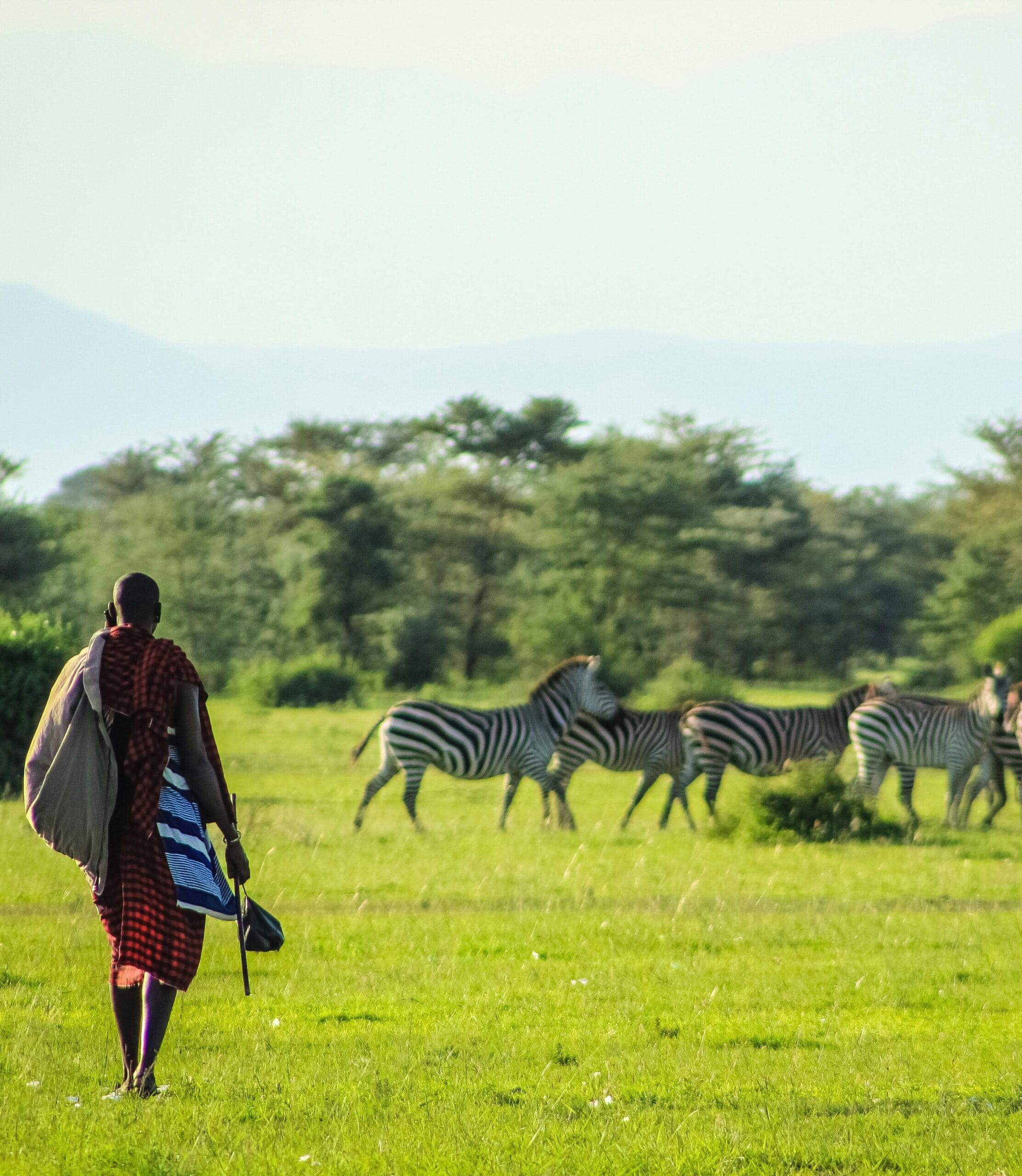A safari can be a dream experience for seniors, offering unparalleled opportunities to connect with nature and witness Africa’s iconic wildlife. With careful planning and consideration of specific needs, it’s possible to enjoy a safe, comfortable, and unforgettable safari experience. Here’s how to prepare for a senior-friendly adventure.

1. Choose the Right Safari Destination
- Tanzania and Kenya: Known for easy-to-navigate parks like the Serengeti and Maasai Mara, with excellent game viewing from vehicles.
- South Africa: Home to malaria-free reserves like Madikwe and Pilanesberg, perfect for those seeking lower health risks.
- Botswana: Offers luxurious lodges and private safaris for more personal attention.
2. Prioritize Comfort
- Accessible Lodges and Camps: Choose accommodations with minimal stairs, wheelchair accessibility, and comfortable bedding.
- Private Game Drives: Opt for private vehicles for flexibility in timing, seating, and stops.
- Luxury Upgrades: Consider air-conditioned vehicles, spacious tents, and en-suite bathrooms for added comfort.
3. Time Your Safari Right
- Dry Season (June–October): Ideal for game viewing as animals gather at water sources, and the weather is cooler.
- Avoid Extreme Heat: The green season can be hotter and more humid, so plan trips during moderate weather periods.
4. Plan Activities Around Energy Levels
- Shorter Game Drives: Opt for 2–3-hour drives instead of full-day excursions, with breaks at scenic rest stops.
- Mix It Up: Alternate game drives with leisurely activities like nature walks (if mobility allows) or cultural visits.
- Relaxing Afternoons: Spend the hottest parts of the day unwinding at the lodge or enjoying spa treatments.
5. Pack Wisely
- Clothing: Light layers for variable temperatures, comfortable shoes, and neutral colors for blending in with the environment.
- Sun Protection: A wide-brimmed hat, sunglasses, and high-SPF sunscreen are essential for staying protected.
- Medications and Supplies: Bring a well-stocked travel medical kit, including prescribed medications, and carry them in your hand luggage.
6. Stay Healthy
- Malaria Prevention: If traveling to a malaria-risk area, consult a doctor about prophylactic medication. Choose accommodations with mosquito nets and repellents.
- Stay Hydrated: Carry water bottles and sip frequently to avoid dehydration during drives.
- Avoid Overexertion: Listen to your body and take rest breaks when needed.
7. Communicate Special Needs
- Inform your safari operator of any mobility, dietary, or health requirements so they can tailor the experience to suit you.
- Request slow-paced itineraries, easy-access vehicles, or even extra assistance at airports and lodges.
8. Travel Insurance is a Must
- Ensure your insurance covers medical emergencies, evacuations, and trip cancellations. Check if it includes coverage for activities like safari game drives.
9. Enjoy Unique Senior-Friendly Activities
- Hot Air Balloon Safaris: A tranquil way to view wildlife and landscapes from above.
- Cultural Visits: Meet local communities and learn about their traditions in a relaxed setting.
- Photographic Safaris: Capture stunning wildlife moments with professional guidance.
Why Future African Safari is Perfect for Seniors
At Future African Safari, we specialize in creating customized experiences that prioritize your comfort and preferences. From accessible accommodations to carefully planned itineraries, we ensure that every moment of your safari is enjoyable and stress-free.
Let us help you create a senior-friendly adventure of a lifetime. Book your safari with us today!


